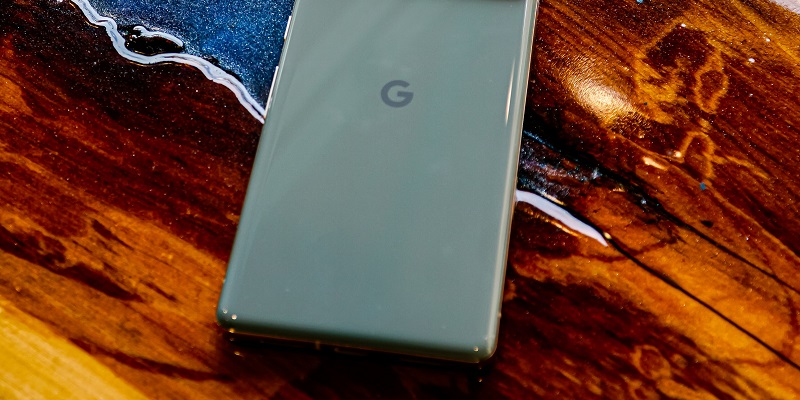The Pixel 8 Pro is Google’s latest flagship device, boasting significant upgrades in processing power, display quality, and camera capabilities compared to its predecessor. With the introduction of the Tensor chipset, the Pixel 8 Pro offers innovative media editing tricks, a guarantee of long-term support with seven years of Android updates, and an impressive camera setup. In this article, we will delve into the detailed features and specifications of the Pixel 8 Pro, comparing it to its competitors, and exploring how it stands out in the ever-evolving smartphone market.
The power of the Tensor chipset
The Pixel 8 Pro’s cutting-edge Tensor chipset empowers users with an array of media editing tricks. This includes features like the Magic Eraser, allowing you to effortlessly remove unwanted objects from your photos. Additionally, the Audio Magic Eraser feature enables users to quickly eliminate background noise from audio recordings, resulting in cleaner and more professional sound quality.
Long-term support with guaranteed updates
Google has set a new standard for long-term support with the Pixel 8 Pro. Offering an impressive seven-year guarantee of Android operating system and security updates, this device ensures that users stay up to date with the latest features and security patches, enhancing the overall longevity and value of their smartphones.
Impressive camera hardware
Photography enthusiasts will be delighted with the Pixel 8 Pro’s exceptional camera capabilities. Equipped with a 50-megapixel main shooter, a 48-megapixel ultra-wide lens, and a 48-megapixel telephoto lens with 5x optical zoom, this device captures stunning, high-resolution images with remarkable detail and clarity. From breathtaking landscapes to intricate close-ups, the Pixel 8 Pro’s camera system delivers professional-quality results.
Distinctive design
The Pixel 8 Pro features a distinctive design, maintaining the wide horizontal camera block that was introduced in its predecessor. This unique design choice sets it apart from other smartphones on the market and gives it a recognizable aesthetic. However, design preferences vary among individuals, and it is subjective whether this design element enhances or detracts from the overall appeal of the device.
Enhanced display quality
The Pixel 8 Pro boasts a remarkable 6.7-inch OLED display that surpasses its competitors in terms of brightness and resolution. Compared to the iPhone 15 Pro Max, the Pixel 8 Pro’s screen provides a more immersive visual experience, offering vibrant colors and sharp contrast. The enhanced display quality adds depth to multimedia content, making it a delight for users who consume a lot of media on their smartphones.
Powerful specifications and storage options
Under the hood, the Pixel 8 Pro packs a punch with its 12GB of RAM, facilitating smooth multitasking and seamless performance. Storage options range from 128GB to a whopping 1TB, ensuring users have ample space to store their files, apps, and media without worrying about running out of storage.
Charging capabilities
The Pixel 8 Pro is equipped with a USB-C port, departing from its Lightning connector in previous models. This change offers improved compatibility and faster data transfer rates. In terms of charging speeds, the iPhone 15 Pro Max supports 25 watts of wired charging and 15 watts of wireless charging. While commendable, the Pixel 8 Pro falls slightly behind the charging speed offered by its competitor, the Galaxy S23 Ultra, which boasts 45 watts of wired charging and 15 watts of wireless charging.
The Pixel 8 Pro is a remarkable flagship device that showcases Google’s dedication to innovation and user satisfaction. With its powerful Tensor chipset, impressive camera hardware, long-term support, and enhanced display quality, it stands tall among its competitors. While the Pixel 8 Pro faces tough competition, particularly in the camera department, it remains a compelling choice for those seeking a high-performance smartphone with top-of-the-line features, a seamless user experience, and unmatched software support.

